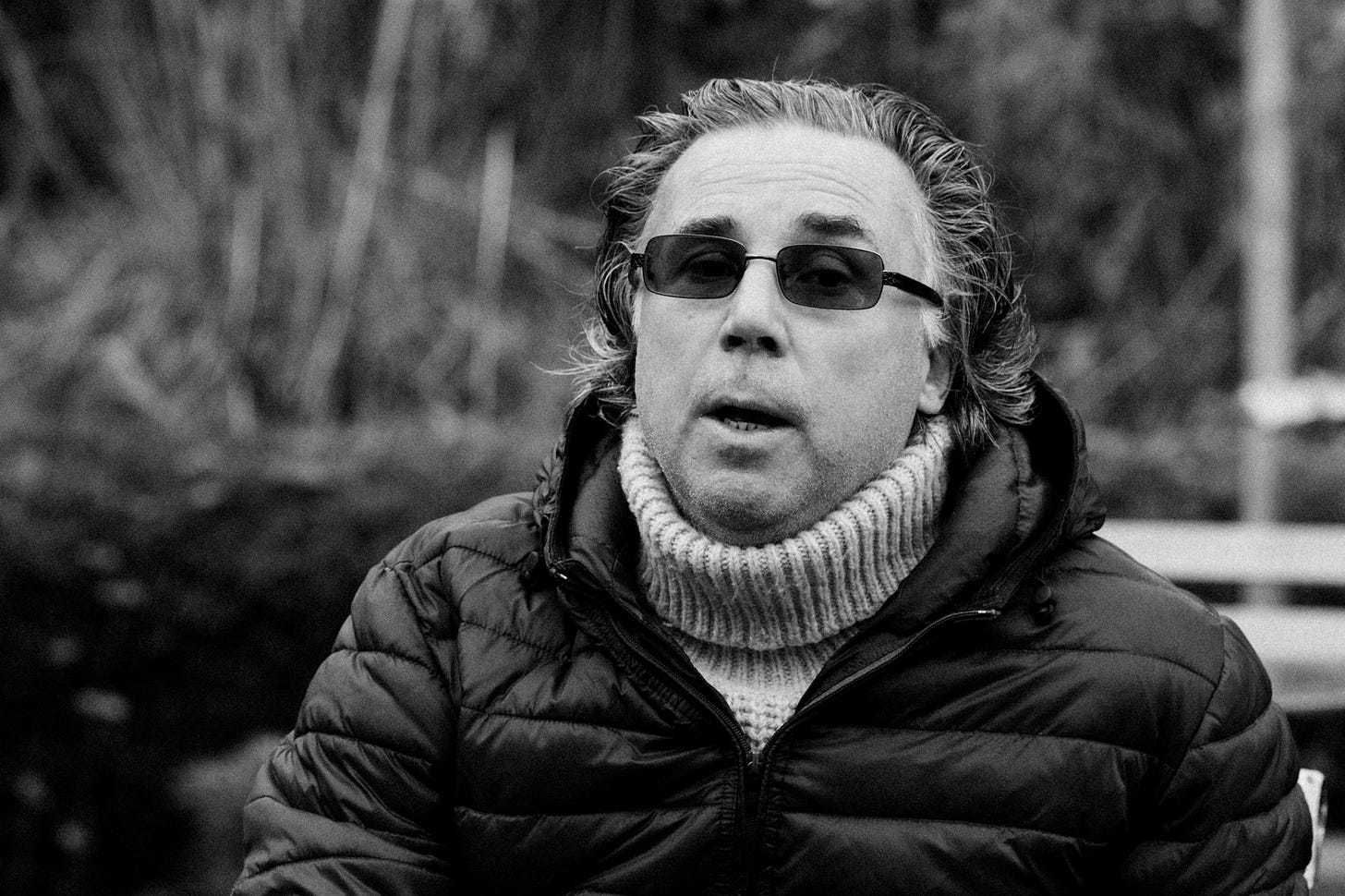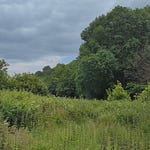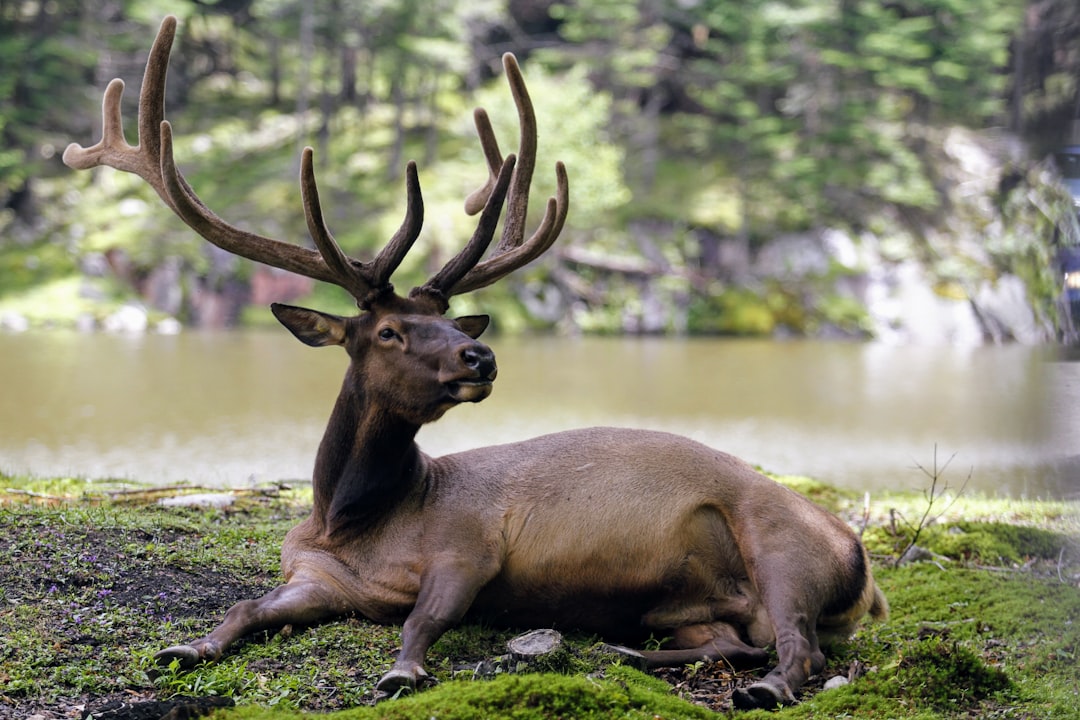We sat down with the founder of LettsSafari, Philip Letts, on the origins of LettsSafari and why its approach to rewilding is radically different to many of the conventional methods.
Philip, could you share with us the origin story of LettsSafari and what inspired you to embark on this unique rewilding journey?
Our adventure into rewilding began quite serendipitously. My wife and I purchased a dilapidated property with three acres of land outside New York City, which had been overrun by deer for years. The land was in a terrible state, essentially a biodiversity desert. Despite its condition, we were fascinated by the idea of rewilding and wondered whether such a concept could work on a smaller scale than traditional projects like those at Yellowstone Park.
What was the initial reaction when you proposed the idea of small-scale rewilding?
We faced scepticism initially. The experts we consulted were intrigued but uncertain, as no one had really considered rewilding on such a micro scale before. Nonetheless, they shared their insights, which propelled us to experiment on our small patch of land. To our surprise, the transformation over just two years was profound. The land quickly revived, teeming with new life and vigour. It was a place where we developed our first small-scale rewilding schemas.
How did this success impact your approach to rewilding?
It significantly deepened our interest. My background in technology spurred me to think of rewilding as a sort of “ecosystem technology”. We started researching more and speaking to numerous experts to understand how to effectively develop a rewilded ecosystem in miniature. This became a passion project for us, blending technology with ecological restoration. We realised that smaller-scale rewilding done properly is very different to large-scale rewilding. It needed a new, bottom up approach.
Can you tell us about the expansion of LettsSafari and how it has evolved since those early days?
Sure. Fast forward from our initial experiments in 2005 to about 20 years later, we've undertaken multiple rewilding projects on both the east coast of the US and in the UK. On the edge of Exeter City, we revitalised old Capability Brown gardens and a 100-acre parkland, which were in a state of neglect. We segmented this land into different areas and habitats to validate our theory that small-scale rewilding can significantly contribute to biodiversity restoration.
What are the primary objectives of your rewilding efforts?
Our main goals are carbon removal, enhancing plant life, supporting healthy water systems, and encouraging wildlife proliferation. We’ve seen tremendous success in these areas, even in smaller spaces. This has affirmed our belief that smaller-scale efforts can cumulatively have a large impact.
With such tangible success, how is LettsSafari leveraging technology to further its mission?
Our theory is that small-scale rewilding done by millions (versus large-scale rewilding done by a few) was a more likely route to get to the 30% biodiverse space that the UN states we need for a healthy planet.
So, about two and a half years ago, we decided to add a virtual layer to our physical projects. We launched LettsSafari.com to extend our reach and bring smaller-scale rewilding to the masses. The platform is designed to educate and inspire others by sharing our methods and successes. We’re essentially creating a digital ecosystem where knowledge and practical tools for rewilding are readily accessible.
Our aim is to democratise the ability to rewild, providing both the know-how and the technology for people everywhere to participate and innovate in their own spaces. If we can encourage the rewilding of millions of gardens, balconies, public spaces and even commercial spaces, then we stand a better chance of hitting those UN targets.
Looking ahead, what's your vision for LettsSafari?
Our vision is to scale these efforts globally. By fostering a digital subscription-based economy focused on ecological services, we believe we can engage a larger audience to take part in environmental stewardship. The ultimate goal is to not just enable, but empower and inspire individuals and communities to initiate their own rewilding projects, thus amplifying the impact on a global scale.
So LettsSafari.com becomes the hub for this community based movement to ‘build a better planet’. Providing in-park media, tips, tools, schema’s, technology and community features so anyone can create a mini LettsSafari in any small green space.
It sounds like LettsSafari is truly pioneering in the field of rewilding. Thank you, Philip, for sharing your inspiring journey with us.
Thank you for having me. It’s been a pleasure to share our story and hopefully inspire more people to consider how they can make a difference, no matter the scale of their land.
Get more LettsSafari updates and wildlife photos from our twitter. And read the latest posts at the LettsSafari + website.












